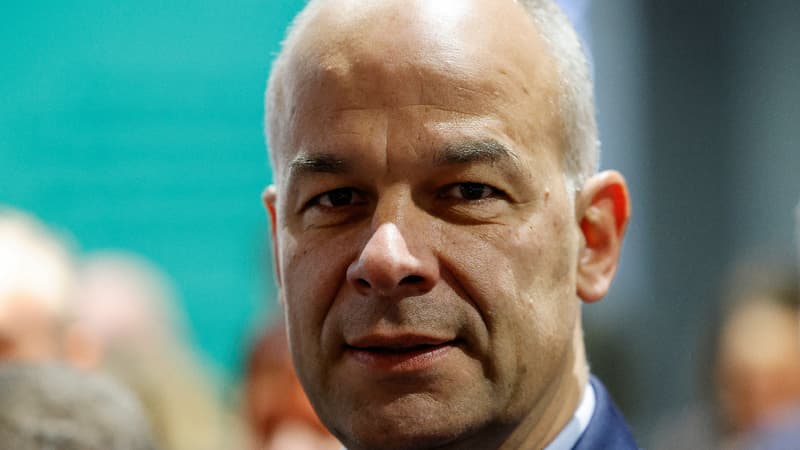A big farmer and head of an agri-food giant, Arnaud Rousseau, 49, is preparing to take the reins of the influential FNSEA, France’s majority agricultural federation, where he defends an “offensive” position against the “sirens of agricultural decline”. .
His election at the head of the peasant employers’ association, on April 13, is not in doubt: he is the only candidate.
The French are not yet familiar with its tall silhouette. Her calm tone contrasts with the fast flow of Christiane Lambert, the pig breeder who has embodied the main agricultural union for six years.
President of the Avril group, oil giant
His profile is also changing: he is a producer of extensive crops (rapeseed, sunflower, wheat, beetroot, corn) and he chairs the Avril group, an oil giant (almost 7,000 million in turnover in 2021), better known by the general public for brands Lesieur and Puget, also active in biofuels and livestock feed.
Enough to enroll him in the line of Xavier Beulin, predecessor of Christiane Lambert in the National Federation of Farmers’ Unions (FNSEA) and president of Avril until his sudden death in 2017.
In a FNSEA often analyzed in light of the friction between breeders and cereal producers, there are “breeders who will say to themselves ‘We will not be defended’, without knowing who Arnaud Rousseau is”, estimates Philippe Jehan, dairy farmer and former union president in Mayenne.
The Avril group recently sold Matines eggs and its shares in pig slaughterhouses, in favor of a refocus on vegetable activities.
“He has shared Catholic values. He is a guy close to people, someone who doesn’t get carried away. A quiet force,” she praises.
Advocacy for offensive agriculture
Arnaud Rousseau’s presidency comes at a time when the war in Ukraine has revived a supposed productivism. In the name of “food sovereignty”.
You have to “produce better, produce food” but also “energy” (agrofuels, methanization or photovoltaics), writes Arnaud Rousseau in a letter sent in December to the union administrators, in the form of a profession of faith.
For Nicolas Girod, from the Confédération paysanne (a minority union classified on the left), “it embodies even more than others an agriculture linked to agribusiness” although “we have to think about the transition, think about ecological planning in the context of climate change “.
As the union’s first vice-president, Arnaud Rousseau was responsible for negotiations on the distribution of nine billion euros a year of European funds to support French agriculture (the common agricultural policy or CAP).
With him, “the FNSEA has done everything possible to maintain the status quo,” laments Mathieu Courgeau, a dairy farmer and co-chairman of the Nourrir collective, which brings together 52 organizations for the reform of the agricultural and food system.
He escaped death in 2010.
In a podcast called “Click: this moment when everything changes”, broadcast last October, Arnaud Rousseau recounts having fallen into a silo in 2010: “I fell almost thirty feet, the kind of accident we normally don’t survive. (…) I went up alone (…) by the force of my arms with both legs broken. It’s not a good memory.”
Nine months later, this hiking enthusiast, former officer of the operational reserve (1996-2009), also “globally pampered by life”, walked 1,500 kilometers to Santiago de Compostela.
A graduate of a Parisian business school, Arnaud Rousseau worked notably in agricultural brokerage before taking over the family farm in Trocy-en-Multien, a Seine-et-Marne town of 240 inhabitants of which he has been mayor since 2014.
He became a farmer in 2002, just before his 30th birthday. With his wife (they have three children), also the administrator of the farm, and four employees, he now manages about 700 hectares, a large structure on the scale of France.
Source: BFM TV


